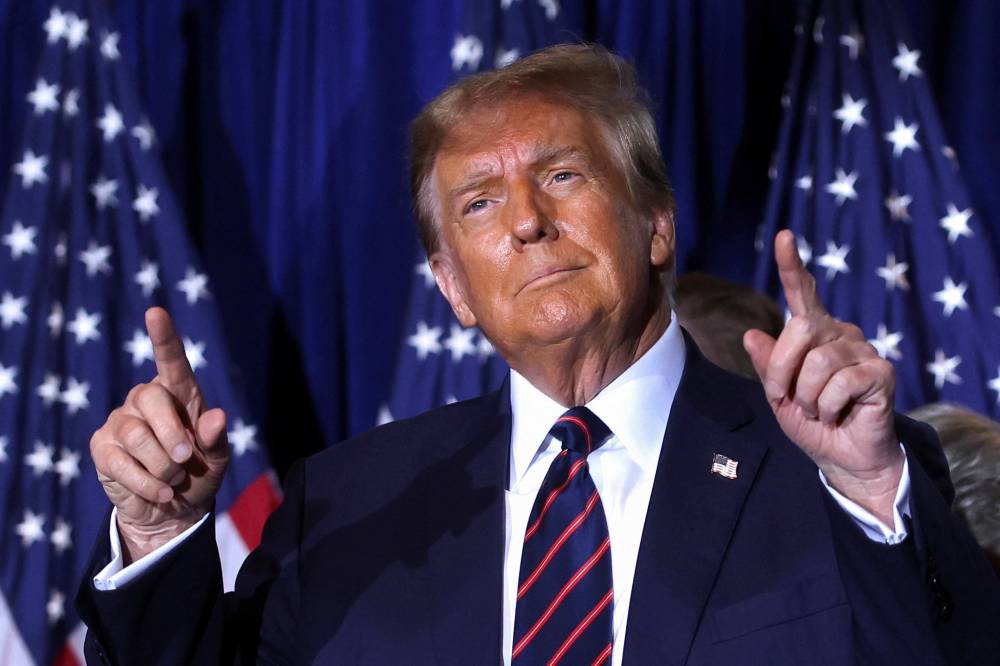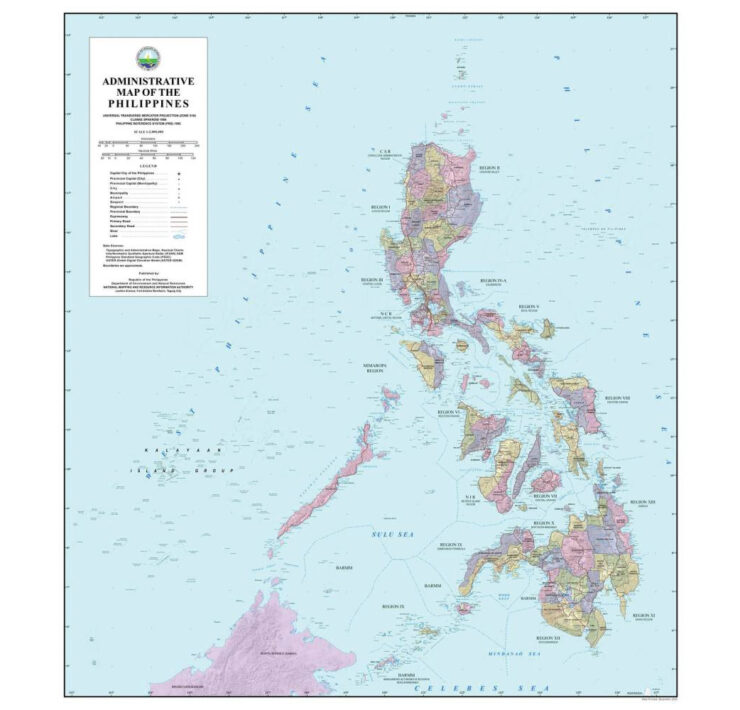Trump 2.0 seen bad for PH remittances

Remittances to the Philippines and receipts from the business process outsourcing sector could take a hit from US President-elect Donald Trump’s hardline immigration policies, while the possibility of diminished security support from Washington could stir up more tensions in the West Philippine Sea, said Japanese investment bank Nomura.
Those are the channels where the Philippines is most vulnerable after Trump won the race to the White House again following a divisive Nov. 5 election.
Zooming out, Nomura said in a commentary that Trump 2.0 will be negative for growth in Southeast Asia, albeit at varying degrees.
“The Philippines does not have a similar cushion and will be at risk from the impact on workers’ remittances from a possible tightening of US immigration policy and on the outsourcing sector,” Nomura said.
“Increased geopolitical tensions in the South China Sea due to the lack of US security support could put the Philippines on the front line. This could be an issue for the broader region, if China’s assertiveness in the disputed waters intensifies,” it added.
Global anxiety
The uncertainties over the recent US presidential election and the impact of a second Trump term on the global economy caused anxiety all over the world, and the Philippine peso is already feeling it.
The local currency finished the previous week past the 58-level again, a territory not seen in three months as election jitters powered up a rallying dollar, which is already getting a boost from expectations of slower rate cuts by the US Federal Reserve.
Trump staged a stunning return to power after securing more than the 270 Electoral College votes needed to win the presidency and defeat his democratic rival, Kamala Harris. As it is, the European Union is already planning to retaliate if Trump instigates a global trade war and slaps a universal tariff of up to 20 percent on all imports into the United States, as he warned.
In a separate commentary, ANZ Research said the likelihood of US manufacturers replacing Asian imports in the near term is low, although the Philippines, Malaysia and Taiwan “could be vulnerable to shifts in the electronic integrated circuit supply chains.”
Data from ANZ showed the Philippines’ exports to the United States accounted for 17.7 percent of the Asian country’s total outbound shipments between 2021 and 2023 on average, making the United States a major trading partner of the Philippines. Meanwhile, American demand for Filipino products cornered 3.5 percent of the Philippines’ gross domestic product during the same period.
Overall, ANZ said Trump might train his protectionist policies on economies with large trade surpluses with the United States like China, Vietnam, South Korea and Taiwan.





















